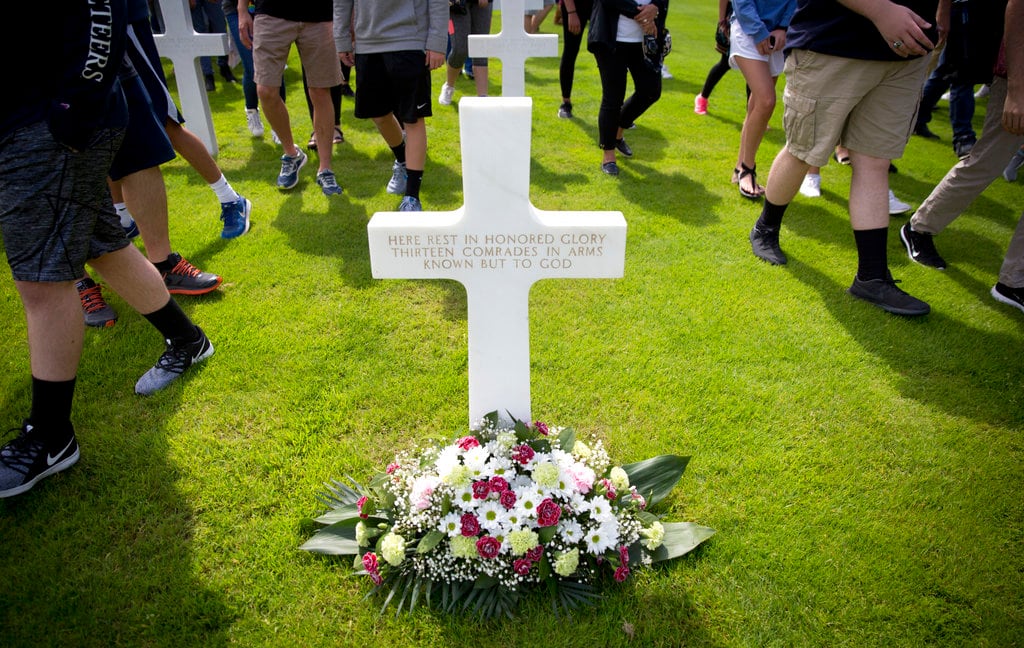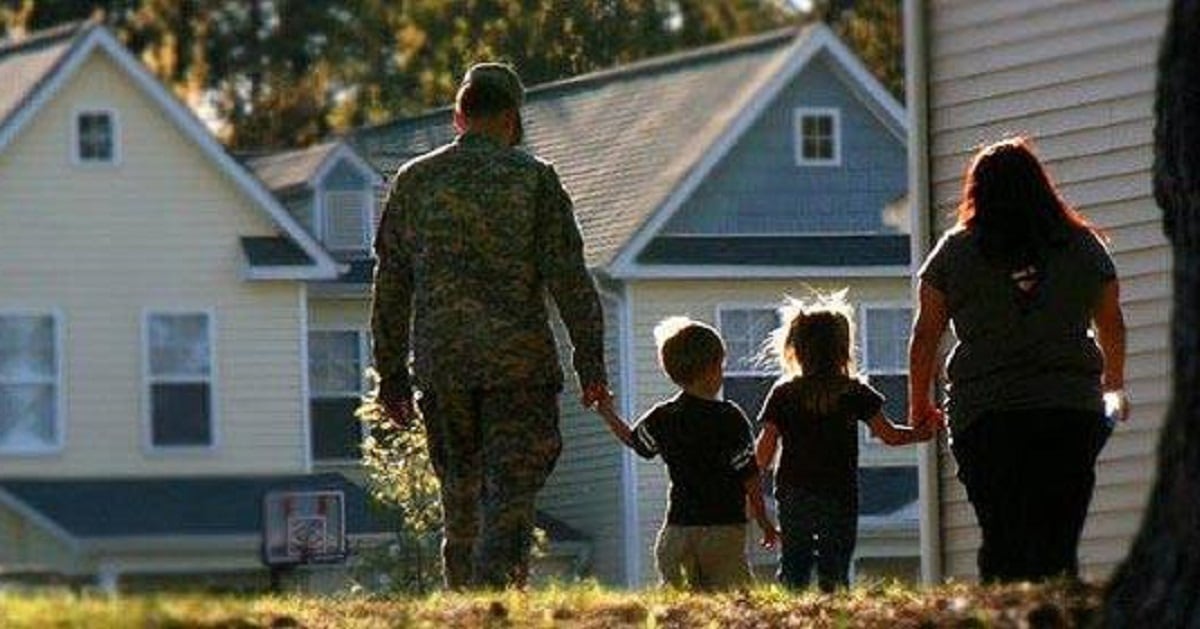WASHINGTON — Congress would authorize the active-duty Army to begin absorbing the Army National Guard AH-64 Apaches as part of the Army's aviation restructuring proposal, but not until 2016, according to compromise National Defense Authorization Act (NDAA) language revealed Tuesday evening.
The bill bars the transfer of the Apaches in 2015, allowing as many as 48 aircraft to be moved the following year. In effect, the language allows the Army to begin its Aviation Restructuring Initiative (ARI)in fiscal 2016 but leaves a decision on its completion to the next Congress, according to a summary of the legislation obtained by Defense News.
The move also limits any related personnel transfers and reductions of Army National Guard personnel related to the Apache before March 31, 2016.
The National Guard Association of the United States (NGAUS), which has sparred with the Army over its aviation restructuring plans, released a statement on Tuesday supporting the pacing of the Apache consolidation plan, calling the language in the bill "a powerful, unmistakable message to the Pentagon: Slow down and let's get things right."
NGAUS president, retired Maj. Gen. Gus Hargett, said he favors the creation of a commission to study the future structure of the Army as "exactly what's needed to move our Army beyond the current rancor and, with the actual input of all three components, other major stakeholders and Congress, create a force that truly best serves the nation."
The agreement authorizes a National Commission on the Future of the US Army, which would assess the size and force mixture of the active and reserve components, and recommend modifications, while balancing anticipated mission requirements and risks to the nation and resources.
The NDAA compromise language includes a provision that commissions the Government Accountability Office to study the appropriate balance between the active Army and the Guard.
The bill authorizes end-strength for the active Army at 490,000 for the end of 2015, and blocks cuts for that year. Deep personnel cuts are expected in 2016, however.
Though the active component's Aviation Restructuring Initiative faced criticism from the Guard and its supporters, both sides save face in this arrangement. The slower pace gives the Guard room to breathe, while Army will likely execute the plan it wanted eventually, an Army official said.
It is not a done deal, however. Language in the NDAA calls for the US comptroller general to assess alternatives to the Army's aviation restructure plans submitted by the National Guard and Cost Assessment and Program Evaluation Office, and to submit a report to Congress.
Congress expressed "concerns" in the NDAA over planned reductions and realignments within the regular Army and reserve in order to meet legislated budget caps, and whether it will lead to fewer Army and National Guard brigades.
"Sufficient funding should be provided to retain the force structure and sustain the readiness of as much Total Army combat capability as possible," the NDAA reads.
The Army's aviation restructuring plan calls for the consolidation of the Guard's Apache attack helicopters into the active force while receiving several hundred Black Hawks, and retaining its Lakota multi-use helicopters in return. The Army would team the Apaches with Army drones to perform the scout mission. Overall, the Army will divest itself of 798 helicopters.
The active component will also eliminate three of its 13 combat aviation brigades while the Guard will retain all of its 10 aviation brigades.
In its pitch, the Army said its plan would save about $12 billion over several years, beginning with $2 billion in fiscal 2015.Army officials say near-term savings will come from shedding its Kiowas and TH-67 trainers.
Already the Army announced that it will inactivate the 159th Combat Aviation Brigade this year, one of two combat aviation brigades in the 101st Airborne Division at Fort Campbell, Kentucky. It has inactivated one Kiowa squadron, the 4-6 Attack Reconnaissance Squadron at Joint Base Lewis-McChord, Washington.
In the Army Reserve, the first of two Apache units has already started its conversion into a Black Hawk unit, the 8-229 Attack Reconnaissance Battalion, of Fort Knox, Kentucky, Army Times has reported. The battalion will give up its 24 Apaches and receive 30 Black Hawks.
Joe Gould was the senior Pentagon reporter for Defense News, covering the intersection of national security policy, politics and the defense industry. He had previously served as Congress reporter.





